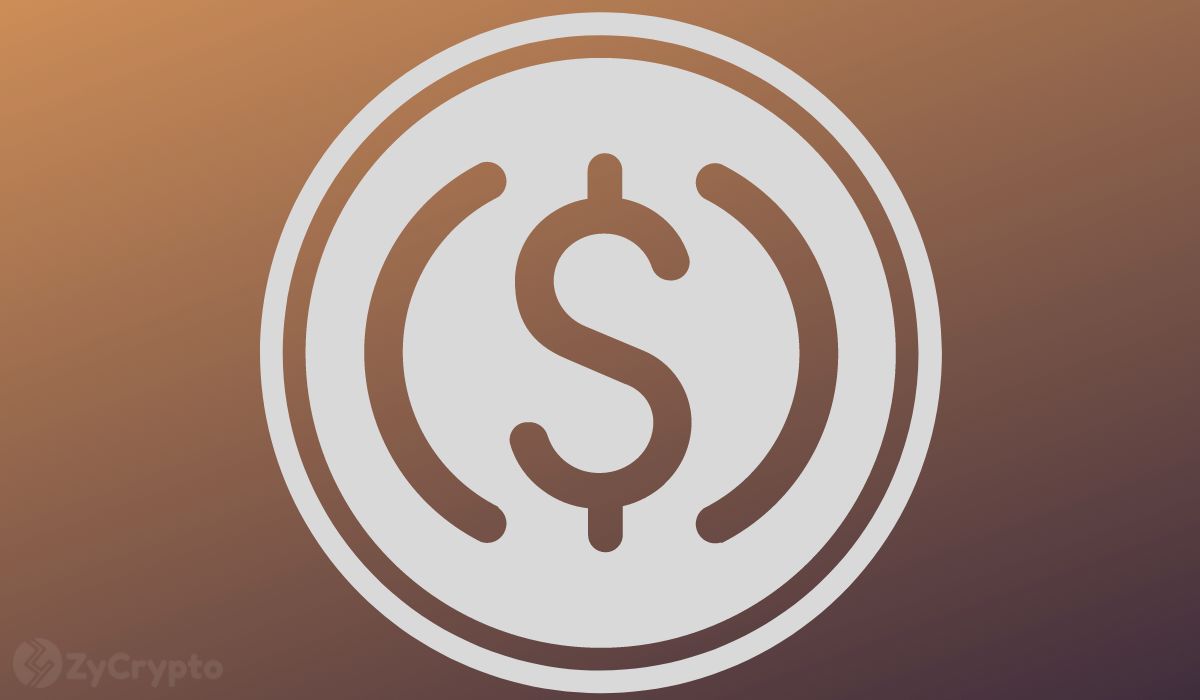BREAKING: Jack Ma’s Ant Group to Revolutionize Payments—USDC Integration Targets $1 Trillion Network & 1.6B Users
Ant Group just dropped a bombshell—stablecoins are going mainstream in China's payments juggernaut.
The Alibaba spin-off plans to bake Circle's USDC into its sprawling ecosystem, bridging crypto and traditional finance for its 1.6 billion-strong user base. We're talking about a network processing north of $1 trillion annually.
Game-Changer for Cross-Border Payments
This move could slash remittance fees and settlement times for millions of merchants—assuming regulators don't throw their usual tantrum about dollar-pegged assets.
Wall Street's Worst Nightmare
While Western banks keep dithering over crypto custody solutions, Ant's executing an end-run around legacy systems. The irony? This 'disruptive' play comes from the same company that shelved its IPO after Beijing's crackdown.
One thing's certain: when the world's largest payments platform embraces stablecoins, even the most cynical TradFi dinosaurs should pay attention.

Ant Group, the international company backed by entrepreneur Jack Ma, has made plans to introduce Circle’s USDC onto its blockchain network. Jack Ma is well known for his role in founding the tech giant Alibaba, which was associated with Ant Group and still has a commanding presence as a publicly listed company. Ant Group has decided to integrate USDC onto its blockchain because recent regulatory developments in the US have made the stablecoin an attractive asset.
Ant Group enjoyed over $1 trillion in online payments, with one-third of these being conducted on their in-house blockchain. Circle will enjoy exposure to this massive market, which turns out to be the largest corporate user of USDC outside the US market. ANT Group has been acquiring stablecoin licenses from various countries, including Hong Kong. The tech giant plans to have stablecoins, Central Bank Digital Currencies (CBDCs), and tokenized deposits coexist.
The Alipay super-app was developed by Ant Group, formerly known as Ant Financial. Ant Group is affiliated with the tech giant Alibaba Group. The super app developed by Ant Group is a clever concept that combines various services within a single app. The services could include a stock exchange, crypto exchange, fund management, QR-code payment processor, and a savings account. The brilliance of Alipay is that it doesn’t build all of these services by itself but instead makes appropriate business contracts with other businesses, such as a popular crypto exchange, and merely creates an interface on the super-app that conforms to the app’s style guide. This strategy is part of Alibaba’s vision to gamify its apps, enabling users to stay on the platform for a longer period and potentially make more purchases. Last year, Ant Group collaborated with Sui’s layer-1 blockchain to tokenize real-world assets. This is precisely the approach taken by organizations that wish to create a super-app. Ant Group is now interested in integrating USDC, allowing users of their platforms to benefit from the advantages of US stablecoin legislation.
The USDC stablecoin will be a necessary addition to the Ant Group platform, as it will enable cross-border transactions. The stablecoin will be utilized in conjunction with other Ant Group partnerships, including JPMorgan and Standard Chartered. The tech giant already processes $1 trillion worth of global transactions and is developing a platform that may be the future of crypto use across the globe. The Alipay approach to integrating various financial services may become the future model of integrating stablecoins with traditional finance. cryptocurrency doesn’t necessarily have to be front and center all the time and can coexist with other banking services. A client for example, could use crypto to make global remittance payments, but then transfer money to a managed trust fund to invest their finances. Ant International, the parent company of Ant Global, has made $3 billion in revenue last year and expects to create an IPO in Hong Kong at a later date.
Alipay, operated by Ant Group, a popular ‘everything app’ in mainland China, has become interoperable with various countries across the Asian region. The app is associated with the tech giant Alibaba Group (BABA), which remains undervalued by a Discounted Cash FLOW (DCF) of between 2x and 3x. Alipay has approximately 1.6 billion user accounts, making it the world’s most popular payments platform. The Alipay model is gaining traction globally, with other companies, such as Elon Musk’s X platform, also desiring a similar ‘everything app’. The Genius Act, recently approved in the US, has paved the pathway for further stablecoin adoption. The Act may have enabled Chinese tech giants to further expand their influence globally through lightning-fast cross-border payments. However, the key ingredient for an ‘everything app’ is to offer a multitude of services, allowing one app to do everything.
Circle has experienced success in gaining partners in Brazil and Hong Kong through its Circle Payments Network. The USDC stablecoin is now being adopted by more businesses, allowing them to experience its fast transaction speeds. Circle has taken a keen interest in the Asian markets and may plan to expand further into other countries that wish to expand stablecoin services. Circle has made a bold MOVE to collaborate with Ant Group, as it now gains exposure to billions of potential customers. Asian customers may set their sights on USDC as an adequate stablecoin for Business-to-Business transactions. The US Genius Act for stablecoin regulations may have sealed the deal for USDC because Chinese tech giants such as Ant Group require strict rules to operate in the country. Without the Genius Act, USDC may have struggled to gain a footing in the Asian markets. This is where regulation becomes an important aspect of cryptocurrency trading; it allows a token to access over a billion customers with just one deal.

